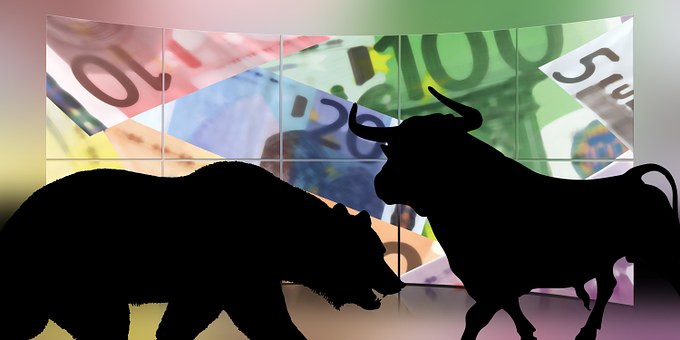Most of you have heard of Warren Buffet, the Stock market guru. I like his mantra, “If I don’t understand it, I won’t buy it”. Investing in the stock markets is simply becoming a shareholder in a company that is registered with the market regulators of that particular country. For example, regulation in the Kenyan market is done by the Capital Markets Authority (CMA) which supervises all companies listed in the Nairobi Stock Exchange (NSE). If a company is listed in the Nairobi stock exchange, it means that it is a publicly held company and that anyone who is of legal age can buy its shares and become an owner of the company depending on the shareholding. If a company wishes to raise capital from the public, it issues an Initial Public Offering (IPO) for a given period of time, this is one way of earning equity capital. 
As an investor, you have to do your due diligence to make sure that you invest your money in a profitable company, so that you can earn your annual returns, basically have a return on your investment. Investing in shares or the stock market comes with its own share of challenges. For instance, you really have to be patient to make money off the stock markets, it takes time for you to earn a substantial amount of returns in form of dividends. You’re basically paid to wait. Money is taken from the impatient investor and handed over to the patient investor, that’s just how the stock market works. As you know, dividends are paid once in every year, for most companies.
There cannot be issue of dividends if the company’s performance is not profitable, so decisions made by the managerial team of that particular company that you’ve chosen to invest in have a direct impact on the payout too. The financial statements, books of account have to make sense. Then there is the issue of capital gains tax, give to Caesar what belongs to Caesar, the tax man has to get his share of profitability as well. Once you invest in a company’s stocks, you’re entitled to ownership, you become a shareholder. Takes a lot of patience to make money from stocks, most speculators don’t have time for that. If you really want to invest in the locally available stocks in the Kenyan market, the go to guy is one George Mangs, Founder of Young Nairobi Stock Exchange Investors. However, if you’re interested in investing in stocks in the global frontier, this guy will have you covered, one of my contributors and a Fundamental Analyst, Fred Scott. Reach out to them on Facebook by those names.
Investing in the Forex markets is different from the stocks market. You’ve all heard of Wall Street and big market players such as Goldman Sachs and JP Morgan. Basically, this means that you’re a speculator, you trade the foreign currencies. What you do is to compare the relative price of one currency over another currency, determining which one is stronger in terms of value. The major currency pairs traded are the United States Dollar, The European Euro, The British Sterling Pound, and the Japanese Yen. We also have cross currencies such as the Canadian Dollar which is mostly affected by the oil production in Canada, The Swiss CHF, the Australian Dollar and the New Zealand Kiwi just to name but examples.
The benefit of trading the Forex markets is that one has the liberty of signing up with his broker of choice as long as they are registered with a national regulatory authority, fund his trading account with sufficient amount of trading capital which most of the time is leveraged by the broker, then start to trade immediately as long as you have the know how to trade. All you need is access to internet and the skill to trade. Forex trading is based on three key pillars, Trading Psychology, Fundamental analysis and Technical Analysis otherwise known as Price Action. 
Trading psychology deals with the right mental attitude, the winning mindset of a trader. The biggest lose in trading Forex markets is not financial, it’s intellectual. This is so because you can recover your losses and triple your trading account in a few trades, but if your mindset is not okay, you keep second guessing yourself, you operate from a position of fear combined with greed, human emotions come to play, so you trade on gut and rely on hope, and that’s a recipe for disaster in trading, you can be sure to blow up your trading capital if the psychology is not right. Fundamental Analysis is trading based on news and global macro-economic events. We focus on monthly reports such as the Non-Farm Payroll, FOMC discussed later on this series, geopolitical and catastrophic events like the drama going on now between the United States and North Korea, presidential elections in the United states and in the United Kingdom like in the case of BREXIT. 
Technical Analysis is the interpretation of charts, an analysis of prices based on graphical representation of market behavior and patterns predicted over time. It is believed that the mass psychology and the feel of the market is already captured on the charts, so once you know how to analyze charts, market indicators, entry and exit points, then you’re good to trade on price action. Finally, the beauty about trading in the Forex market is that only YOU determine your level of income, how much you put in the markets, and how much you take off the markets, there’s no intermediary, the only costs you may incur are commissions or spreads paid to your brokerage firm.
